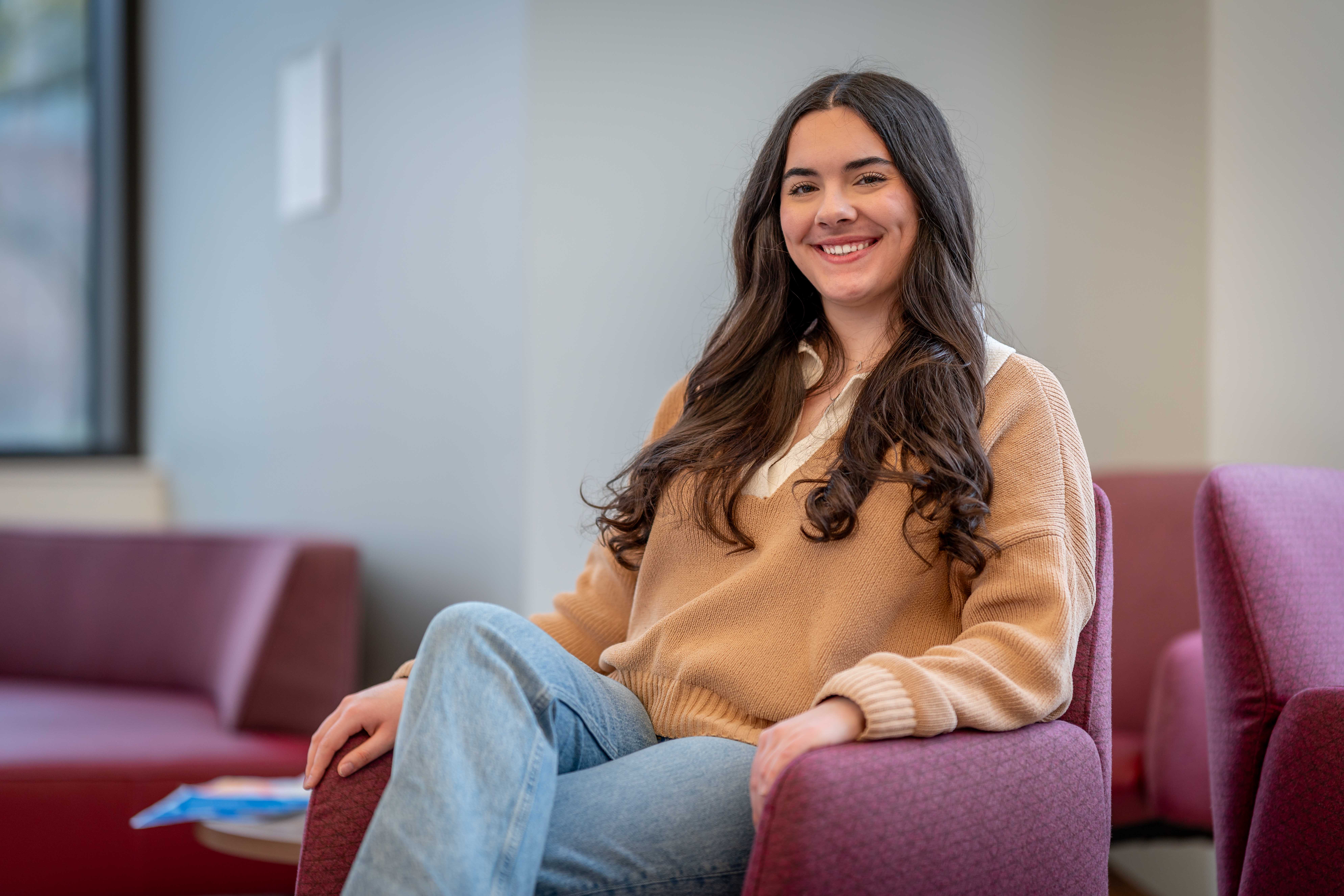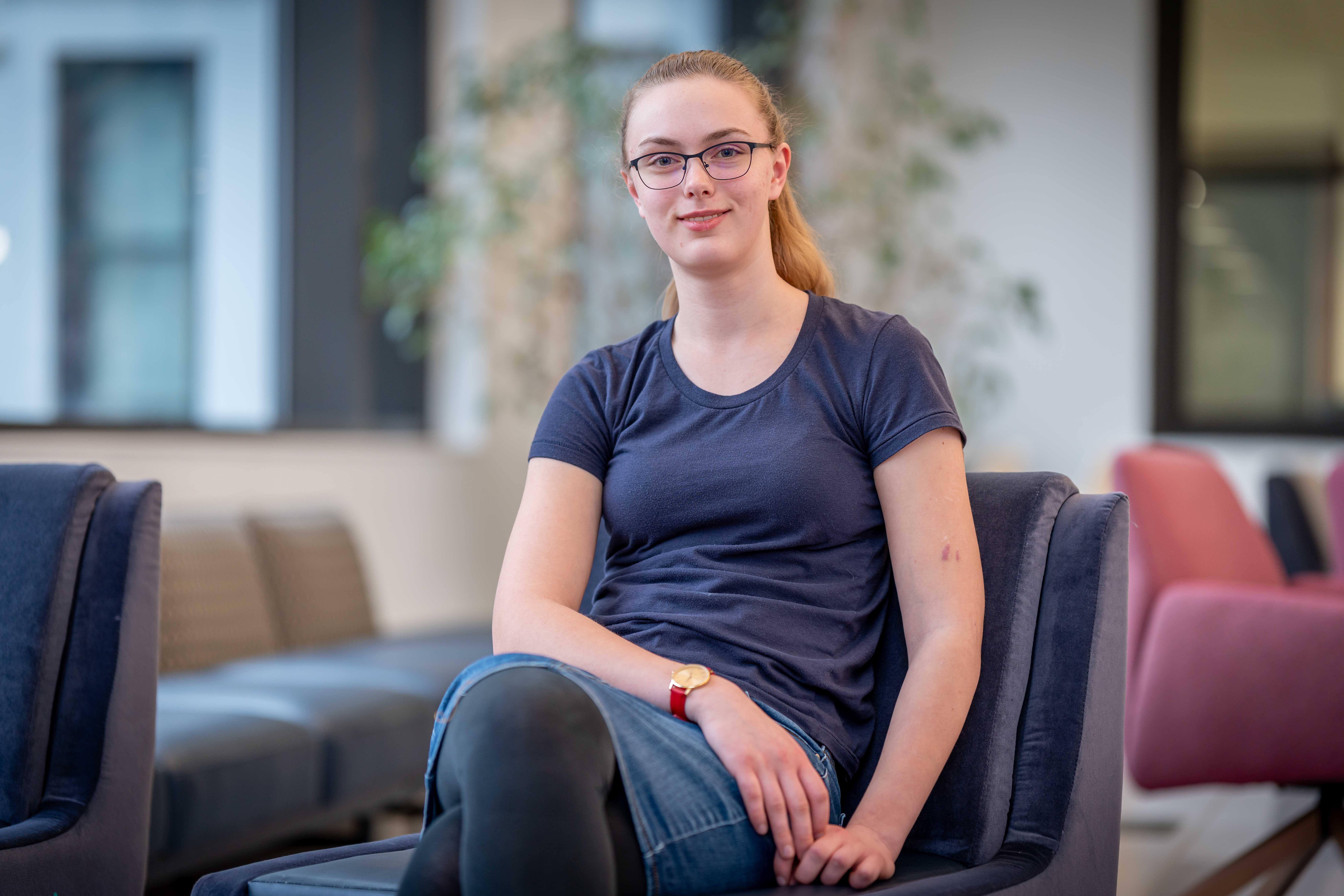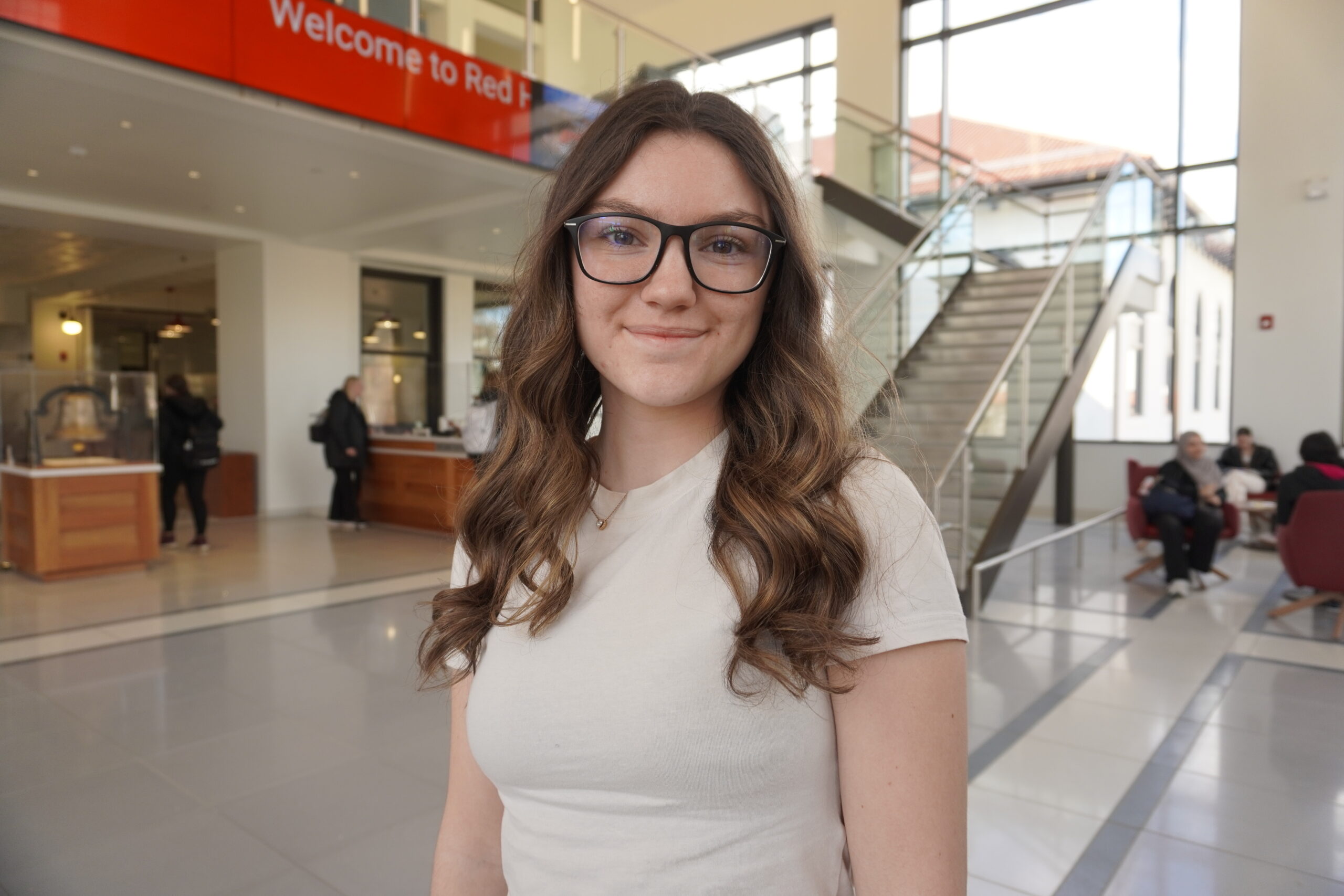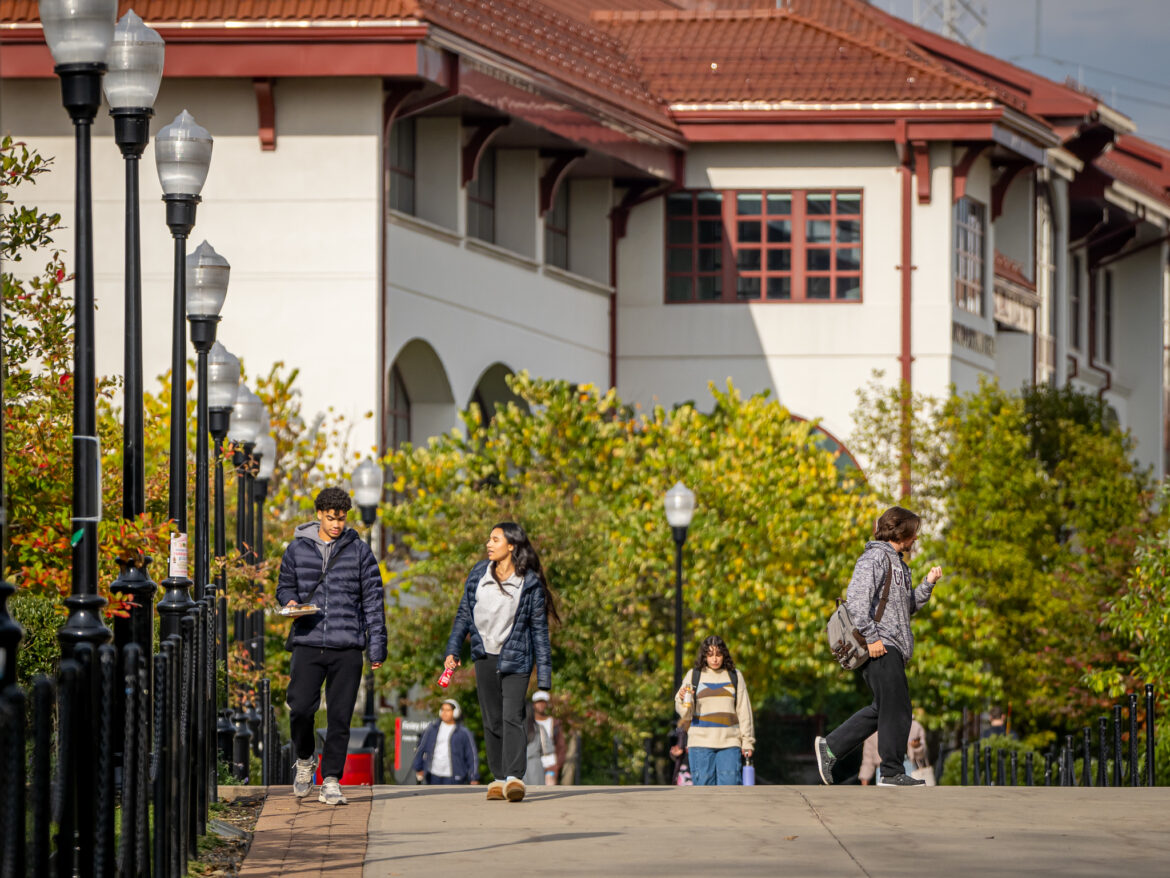The student-run Montclair State University Food Recovery Network chapter is preparing to begin recoveries in the next month. The organization’s mission is to reduce or completely eliminate food waste on campus by reallocating wasted food to charities around Montclair.
The organization is resuming operations after a several-year break caused by the COVID-19 pandemic. It is awaiting Student Government Association (SGA) approval to begin recoveries, and its upcoming recovery will be its first since 2020.
The Montclair State Food Recovery Network chapter is looking for partners to donate food waste to their cause. As the organization’s cogs begin to turn after several years out of operation, it has hopes to gain partnerships with as many on-campus dining providers as possible in order to maximize the amount of food saved from the garbage. It recently achieved a partnership with Eats by Gourmet Dining Services, who are in charge of the Sam’s Place and Freeman dining halls and Red Hawk Diner.

Jenna Ferraro, a sophomore majoring in business marketing, is the Montclair State Food Recovery Network's secretary. Karsten Englander | The Montclarion
Jenna Ferraro is the secretary of the Food Recovery Network. She spoke about the state of the organization and its goals.
“We’re hoping to a partner with [Eats by GDS] and get their okay on transporting their food, and then bring it to partnerships all around the town, especially Montclair, since they have such a large population, and you’d be surprised by how many people are in need of food. Our goal is to help [solve the problem],” Ferraro said.
As the organization approaches its first recovery in several years, it is continuing to seek off-campus partners to donate reallocated food. One such example is Table to Table, a community-based food rescue program based in Bergen County which collects and distributes food from organizations like the Food Recovery Network. Finding a partner to distribute recovered food was a major step in the right direction for the group, according to Ferraro.
“They are definitely a bigger organization that we are really excited to partner with,” Ferraro said. “It’s going to be a big partnership that accepts donations all days of the week… some partnerships don’t accept food on certain days,”
However, the organization has encountered a roadblock as it attempts to re-establish its presence on campus: receiving approval from the SGA, who must sign off before the Food Recovery Network can start any activities or recoveries.

Junior dietetics major Laura Wesdyk is the Volunteer Coordinator for the Montclair State Food Recovery Network. Karsten Englander | The Montclarion
Laura Wesdyk, a junior dietetics major, is the Food Recovery Network’s volunteer coordinator, and does hands-on work organizing the operation and recoveries. She spoke on the process and challenges of running the organization.
“Definitely, the biggest challenge is not being a member of the SGA,” Wesdyk said. “So we have to get approved to have any kind of tabling events or just get the word out across campus about what we’re doing. And we’re trying to get more volunteers right now… it’s just a couple more steps if you’re not involved with SGA.”
As the organization awaits a 14-day SGA waitlist for approval, it has begun holding meetings and organizing mock recoveries to get new members familiar with the process, starting on Wednesday, March 20. One of Wesdyk’s priorities as volunteer coordinator is delegating responsibility equally between members so the recoveries, which require a lot of heavy lifting, can run as efficiently as possible.
Partnering with other on-campus organizations and the university itself will also be a big part of getting the club back on its feet, Ferraro explained.
“We’re partnering with the [Montclair State] Environmental Club to get more of the word out there, and then help with the recoveries and help the two groups [work together],” Ferraro said. “Once we’re SGA approved, we’re really hoping to get a table in the Student Center… we will have boxes in University Hall for donations, and things like that.”

Sophmore environmental science major Nikki Cocuzza serves as the president of the Montclair State Food Recovery Network chapter. Jordan Reed | The Montclarion
Food Recovery Network president Nikki Cocuzza spoke about the organization’s goals for the future.
“We’re definitely going to keep working with [local non-profits],” Cocuzza said. “The more people we have, the more that we can help others instead of just on campus, but we’ve never [partnered with] the Red Hawk Food Pantry until this year.”
One of the club’s biggest goals is to recover food from as many on-campus locations as possible.
“Right now we’re [partnered] with the Student Center, we’re going to try to aim for Freeman [Dining Hall], Sam’s Place, and previous years we’ve done Panera’s waste, so we’ll try to collect in those as well,” Cocuzza said. “But we’re also going to partner with other clubs, or chapters [of the Food Recovery Network] throughout the semesters to, one, add more people, and hopefully get a bigger engagement. We’re currently in talks with the Environmental Club to do a food drive for off-campus nonprofits.”
The best way to help the club’s mission is to volunteer by attending meetings and events. Meetings are held biweekly on Wednesdays through Zoom. The organization can also be reached through email and its events can be found on Engage.



